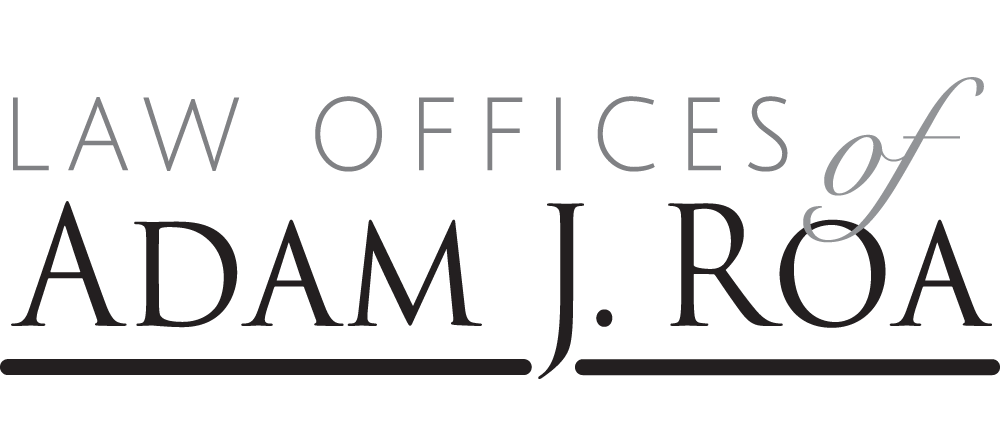Elder Exploitation
Our firm was recently successful in helping a family recover funds for an elderly mother and her adult disabled son who was subject to guardianship. The person of interest was a neighbor who posed as an accountant to prepare the elder mother’s and her disabled son’s tax returns. Unknown to our client was that this this individual opened…
